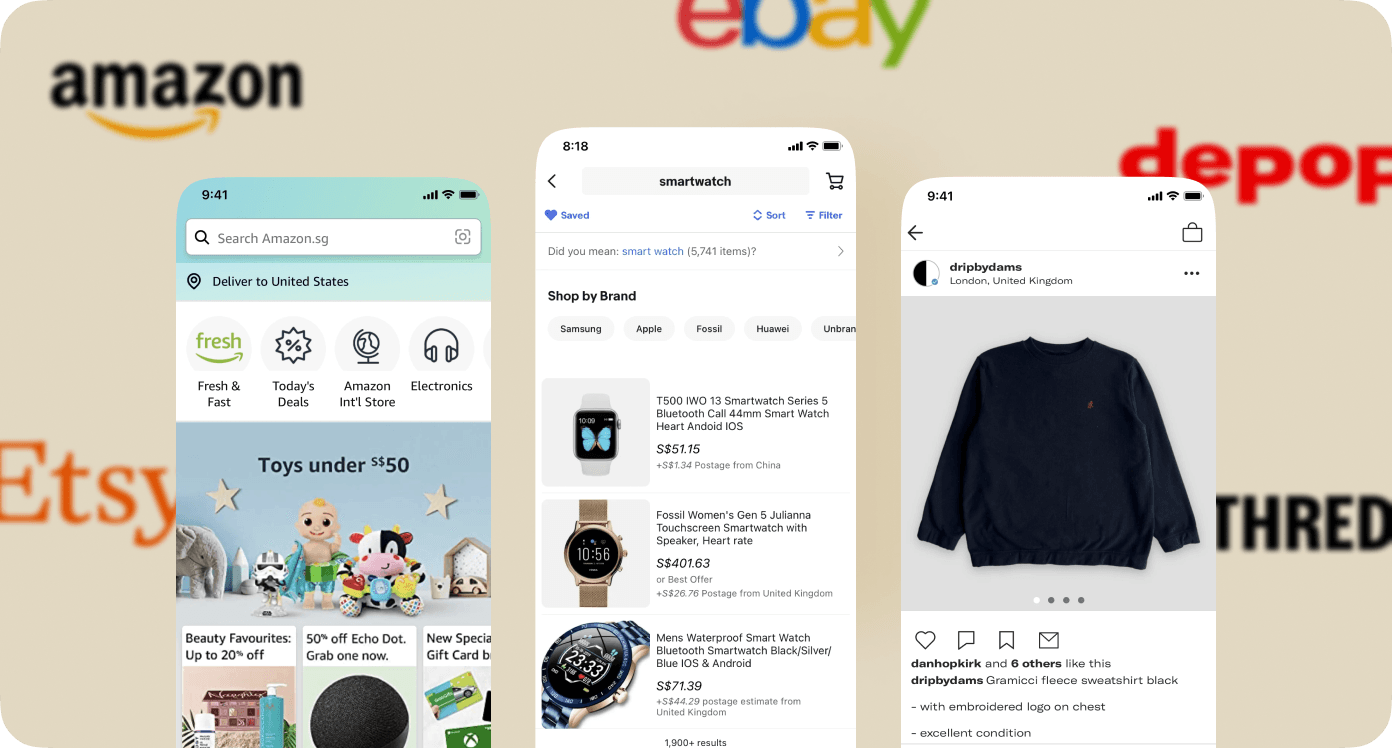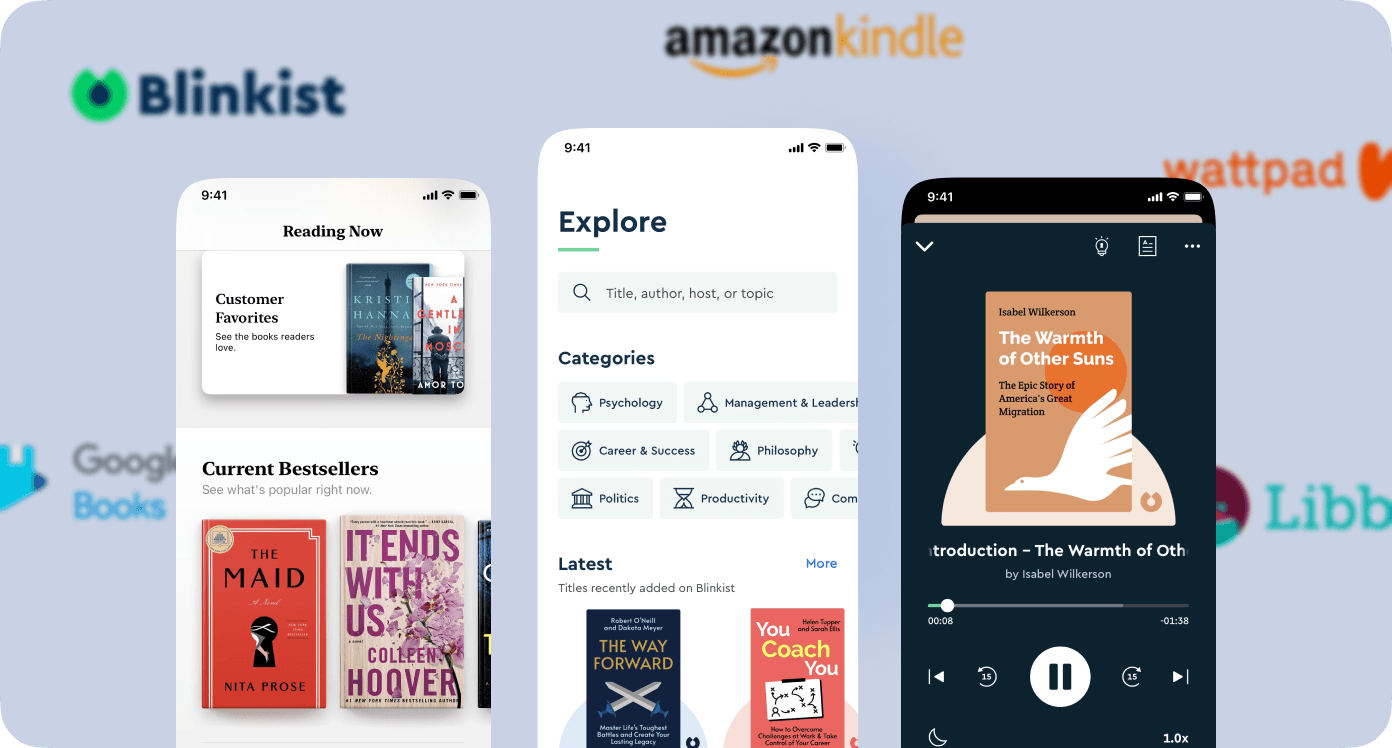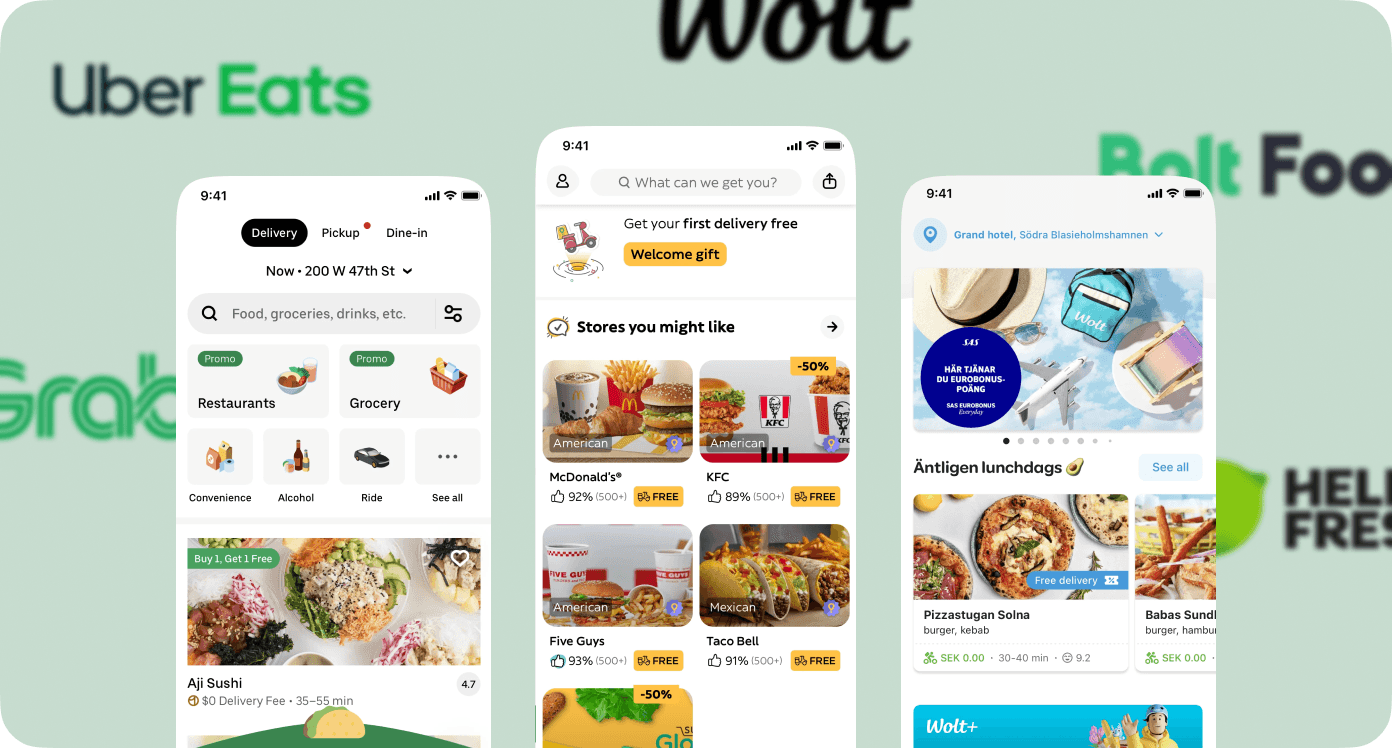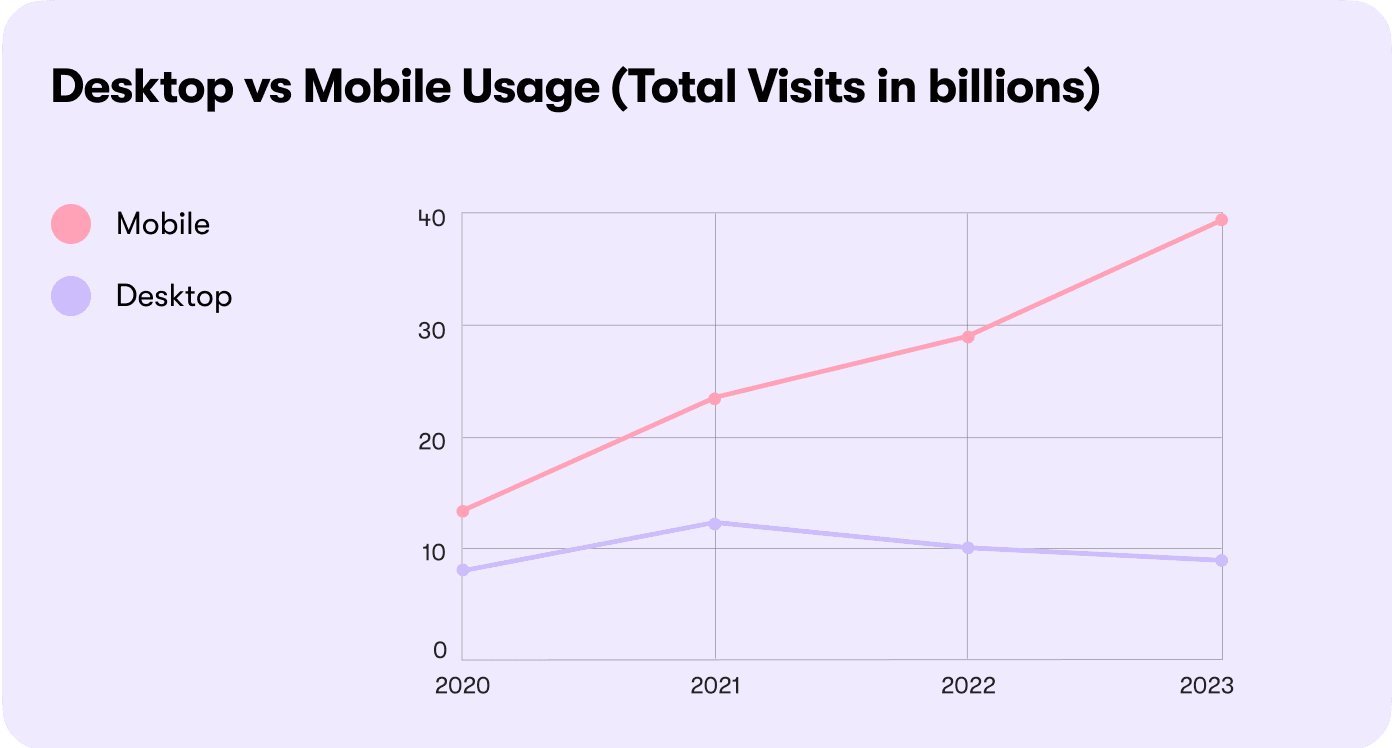How to understand if your business needs a mobile application?



Based on my 7 years of experience in Chili Labs a leading company doing mobile app development and design in the Baltics. After speaking with hundreds of founders, managers and business owners on why they should, or should not invest money into the mobile app development. Here are my thoughts on this:
The decision depends a lot on the nature of your business. There are enterprises for which the presence of a mobile application is just a waste of money that will never pay off, and others where it is the foundation of the business. Typically, a mobile application serves as an additional platform for upselling or improving the sales of the main product.
I’ve split these apps into five different categories:
- Extending your sales channels,
- Unique usage of modern Mobile phone technologies (wow-effect),
- Cost-reduction or internal control apps,
- App and built in technologies is an essential to provide the service,
- App is a product itself.
In all the cases, the main question every entrepreneur should ask himself first - is it worth investing money? to build an app, will I be able to make more money in the end or not? As this is in the end should be the deciding factor to go for or against app building.
Boosting sales with an app

Our business has a website where we sell, for instance, books online. We already have some audience (let’s assume we have 100k users in our database, and 10K of then purchased from us at least once) who are familiar with our brand and we aim to boost our sales. How to do that? There are limitations that web system can provide us, but what we can mostly use - email marketing (relatively cheap), ads on retargeting (expensive) our customer base and try to send web push notifications (that people tend to not accepts).
In this case, we need to think of how we can get the most of our user base - send them more informative and promo offers with a low self-cost campaigns and offers. The ideal solution here would be a mobile application.
It would provide marketing specialists more new channels to increase the average check through mobile app push notifications, that they will more likely to open as it’s delivered straight to their device. Notification (promo deals) can be integrated straight to the app and user will likely see the promo offer for the products you sell every time user opens an app.
Analytics is one more point for the app development, as it will provide more control over user interests, what do they open, click, what kind of books do they check and how much time do they browse your shop. It would not only help you to sell more “products that you like”, but also to see trends of your users.
The simple math with our example should be following:
((Old stream of income + New stream of income) * time) - (Cost of development + Maintenance costs) * time)) > 0
Giving unique / best experience & service with app

We have a business where we are selling a wearable products, like shoes, sneakers or T-Shirts. Our main sales channel is marketplace, where we sell most of the products that we have, but we have a local showroom in one of the supermarkets for the pickiest users to come and try our items. This showroom also serves as a warehouse and item return & refund place.
As we sell through the marketplaces and seldom from the physical stores. There is a big competition of the products similar to ours on the platform.
The main deciding factors are mostly - Shop ratings, store listings & price. It is not always convenient for the customer to visit the store to check the product, or the store works limited time or the location is not close to the buyer.
Our business is very dependent on the marketplace visibility algorithms and rules, as it is our main traffic source. Second big concern is that we rarely have any possibilities to get user data and build our own independent database of purchasers, that we can use later on to approach and up-sell any of our products, apart of marketplace. Thirdly, each marketplace takes commissions and can create new line of their own product to compete with yours.
In this case, if we see that the product we are selling is demanded and we want to get our own channel where to sell it, gradually building our own audience and selling elsewhere with bigger margin, due to commission saving costs. So, we need to make a decision on how much is our user database is worth, does it make sense to invest in development and what are the benefits of app usage for the user. Also, one important note is that if there is no initial user base, we would need to create it from scratch, by printing the QR codes and attaching to the packages, some bonus with emails or other clever ways how to gradually move users from marketplace to your custom shop.
Will it be better loyalty system, more discounts (on the saved margin), convenience, personification, or something modern - like Augmented reality (AR) technology. This can create a wow effect to show the customer how these sneakers or T-shirt would look on their feet. Thus, we leverage the technological capabilities of mobile devices, making the sale more convenient for the customer. This should increase conversion and the average check in a long run.
The math here should be following:
Expenses of Development + User Base migration activities = Existing income
Reducing the cost of labor use-cases
We have a factory that sells products to other businesses (B2B), there are no mobile applications that can help our partners (whom we sell our products) to impact anyhow on the sales of product or increase the revenue. Therefore we can only use mobile app to increase internal employee productivity or to better control their work through a usage of mobile application, increasing our profitability by reducing costs.
For example we have an internal warehouse that we need to validate if all the packages / prices / barcodes are in a correct order. Or we want employees to log their visits via a mobile application using RFID for the better security / control.
Here we would need to calculate the cost of investment + adoption costs versus actual savings in years. How much it would take to pay off and start bringing value (if measurable in money)
This is a tricky one as it always seems as a good idea to automate / make something more useful, but not always businesses understand the amount of investment it requires to implement such a thing. In some cases the project is done and delivered, to be used at the start and then to slowly die out without attention or will to continue implementing it.
App as ecosystem

No need to explain much here, as this category of product has to have a mobile application or there is no business possible. Usually these apps are the industry leaders in usability, conversions to purchase and innovation as this is their main channel.
Another example here can be App clips - tiny apps that serves as instant helper to customer. For example, a small sticker with NFC tag on electrical device in the shop, by scanning it, users phone will open App Clip that might be used to read more about the product, warranties, purchase it, or find replacement items. And that will not even install an app to your phone!
So, the companies try to showcase and improve the quality of life of a customer with apps UX and with other possible ways to gain trust and improve brand loyalty.
App as a stand alone product
iPhone and Android made a revolution in the terms of what is a mobile phone. Now we cannot imagine that you used phone just to call, send SMS and occasionally play Snake on your phone. Now there is huge collection of helpers, tools, lifestyle and utility apps to select from, that it is a separate category and business case.
The application itself is a product, for instance, a meditation or fitness app that can help you to get fitter or calmer without leaving your home or joining the gym. It is hard to do something similar without a mobile application, as it keeps you focused, motivated and gamified to be useful for as much as possible (and subscribed and monetised, of course).
To sum up:
There are so many use cases and possibilities on how to earn, save, expand your business with the help of mobile application development.
Internet traffic is mostly mobile (81%) and it makes sense to shift efforts from web to mobile.

However, it is not that simple and can be very costly is done poorly. Before doing the development you need to understand and make a thorough research about the market niche, decide on how you would attract users, earn and monetize app. After it’s done, you should define an MVP (minimal viable product) for not more than 3 months, to launch it to some internal test or production and get a real feedback from the users.
That will give you lots of insights and maybe will change your idea, as in many cases the reality is different from the stuff we as managers and entrepreneurs think users want.
Overall there are so many ways on what you can do with the mobile app, this gadget often is an extension of our lives. So if you really want to expand your business, digital is a way to do it and serve customers better, faster, at their convenience and at a smaller cost, then mobile app is something that can help you achieve that.
Still not sure, or have your doubts? Drop us a message to studio@chililabs.io and let’s talk about it, would be happy to help!
